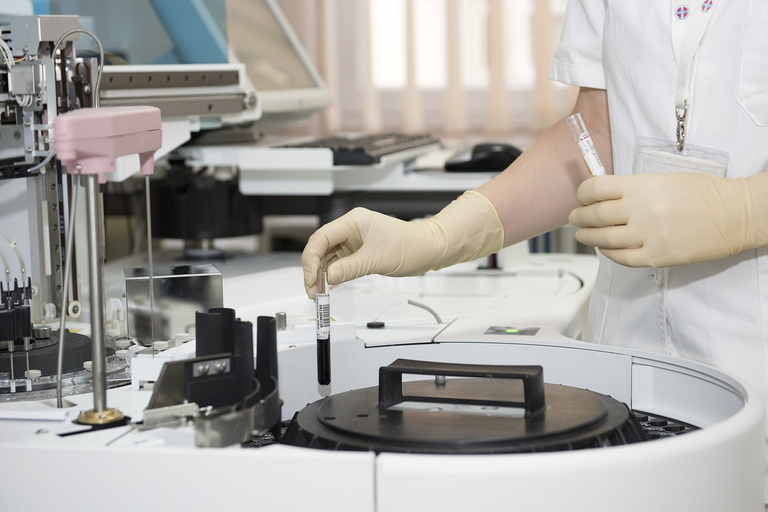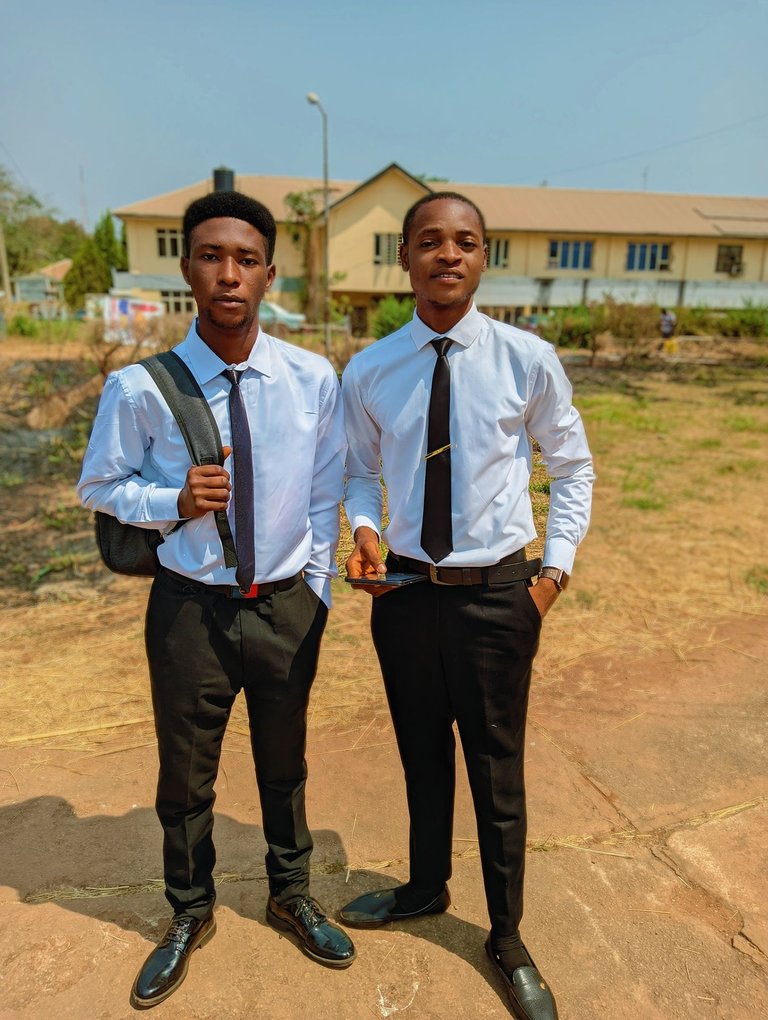What is the relationship between Antibodies and Antigens in the Body

Hey there, curious minds! Today , I want us to examine two important fighters which happen in our body. Let's dive deep into the world of antibodies and antigens and uncover the relationship they share within our bodies. This dynamic duo plays a role in our immune system, working tirelessly to keep us healthy and protected from harmful invaders.
First foremost, let's get to know our protagonists. Antibodies, also known as immunoglobulins, are Y-shaped proteins produced by our immune system in response to the presence of foreign substances called antigens. These antigens can be anything from bacteria, viruses, and fungi to toxins and other harmful substances. Now, imagine these antigens as the "wanted posters" that our immune system uses to recognize and combat intruders.
So, what's the deal with antibodies? Well, these remarkable proteins are tailor-made to fit specific antigens like a lock and key, recognizing and binding to them with incredible precision. In fact, our immune system can produce millions of unique antibodies, each designed to recognize a particular antigen. It's like having an endless army of specialized soldiers ready to target specific enemies.
But wait! The relationship between antibodies and antigens goes far beyond just recognition. When an antibody binds to its matching antigen, it marks the intruder for destruction by other immune cells. This tagging process, known as opsonization, serves as a signal for phagocytes – the "garbage disposals" of our immune system – to engulf and eliminate the invaders.
Now, here's where the whole thing gets interesting. Antigens aren't just passive bystanders waiting to be targeted. Some antigens, particularly those found on the surface of pathogens, have the ability to evade detection by our immune system. This is where antibodies come to the rescue once again, engaging in a tug-of-war to neutralise or block the harmful effects of the antigens. It's like a high-stakes game of cat and mouse, with our immune system constantly adapting to outsmart the invaders.
But the relationship between antibodies and antigens doesn't end there. In the case of viral infections, antibodies play a pivotal role in preventing the spread of the virus within the body. By binding to viral antigens and blocking their ability to infect host cells, antibodies act as a formidable barrier, limiting the virus's ability to wreak havoc.
Now, let's talk about memories. Once our immune system has successfully fought off an invader, it doesn't just call it a day. Instead, it retains a blueprint of the antigen and the specific antibody that was effective in combating it. This means that if the same antigen tries to invade our body in the future, our immune system can mount a faster and more efficient response, thanks to its memory of the previous encounter. It's like having a security system that remembers past intruders and is primed to thwart any repeat offences.
The relationship between antibodies and antigens doesn't stop at the front lines of the immune response. In fact, antibodies also help in modulating the overall immune response. Some antibodies serve as messengers, signalling other immune cells to ramp up their activity, while others act as peacekeepers, damping down an overly aggressive immune reaction to prevent collateral damage to our own tissues.
Now, let's fast forward to the world of vaccines. This is where the relationship between antibodies and antigens takes centre stage in a proactive effort to train our immune system. Vaccines contain harmless versions of antigens or weakened pathogens, prompting our immune system to produce antibodies against them. This immunological rehearsal equips our immune system with the knowledge and readiness to combat the real deal if we encounter the pathogen in the future. It's like a dress rehearsal for our immune system, priming it to put on a flawless performance when the actual threat arises.
But hold on – we're not done yet. Antibodies don't just come from our own immune system. We can also acquire them passively, such as through maternal transfer during pregnancy or through the administration of antibody-rich preparations like convalescent plasma. This passive immunity provides a temporary boost to our own defences, offering crucial support during vulnerable periods.
So, why does all this antibody-antigen interaction matter? Well, without this intricate partnership, our bodies would be left vulnerable to a myriad of pathogens, unable to mount an effective defense. From the common cold to life-threatening diseases, our immune system's ability to produce specific antibodies against a vast array of antigens is nothing short of miraculous – it's the reason we can fend off countless threats each day without even realizing it.
In essence, the relationship between antibodies and antigens is a remarkable tale of molecular recognition, defence, memory, and adaptation. It's an ongoing war of our immune system's relentless vigilance, protecting us from the ever-changing landscape of potential threats.
References
- https://www.technologynetworks.com/immunology/articles/antigen-vs-antibody-what-are-the-differences-293550
- https://www.healthline.com/health/infection/antigen-vs-antibody
- https://my.clevelandclinic.org/health/body/22971-antibodies
- source
- https://www.genome.gov/genetics-glossary/Antibody
- source


For me it isnt about a partnership, it is more to cause/consequence hehe antigens are the cause and antibodies are the consequence something like that
Want to Know more about Hivepakistan?
Ping Us On Hive Pakistan Discord server
To support HivePakistan, delegate Hive Power to hivepakistan and earn 90% curation reward :)
Here are some handy links for delegation
A delegation of 500 or more HP makes you earn Hivepakistan supporter badge.
Thanks for your contribution to the STEMsocial community. Feel free to join us on discord to get to know the rest of us!
Please consider delegating to the @stemsocial account (85% of the curation rewards are returned).
You may also include @stemsocial as a beneficiary of the rewards of this post to get a stronger support.